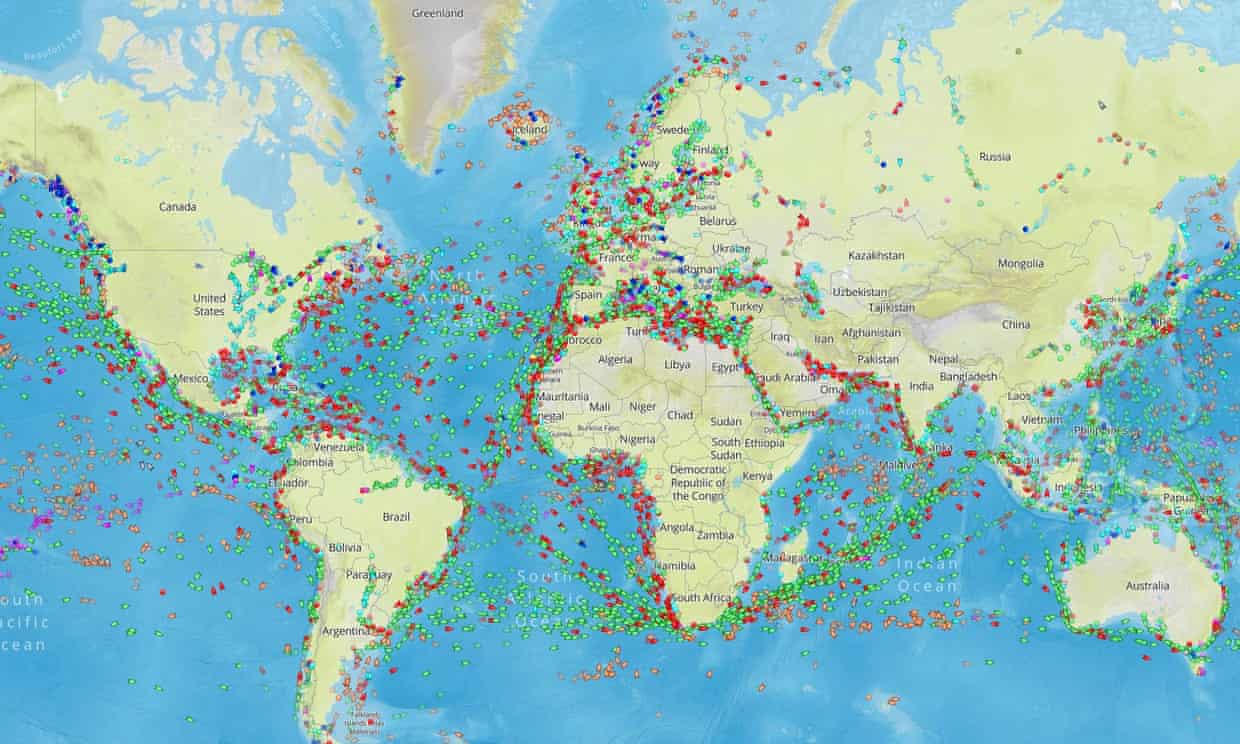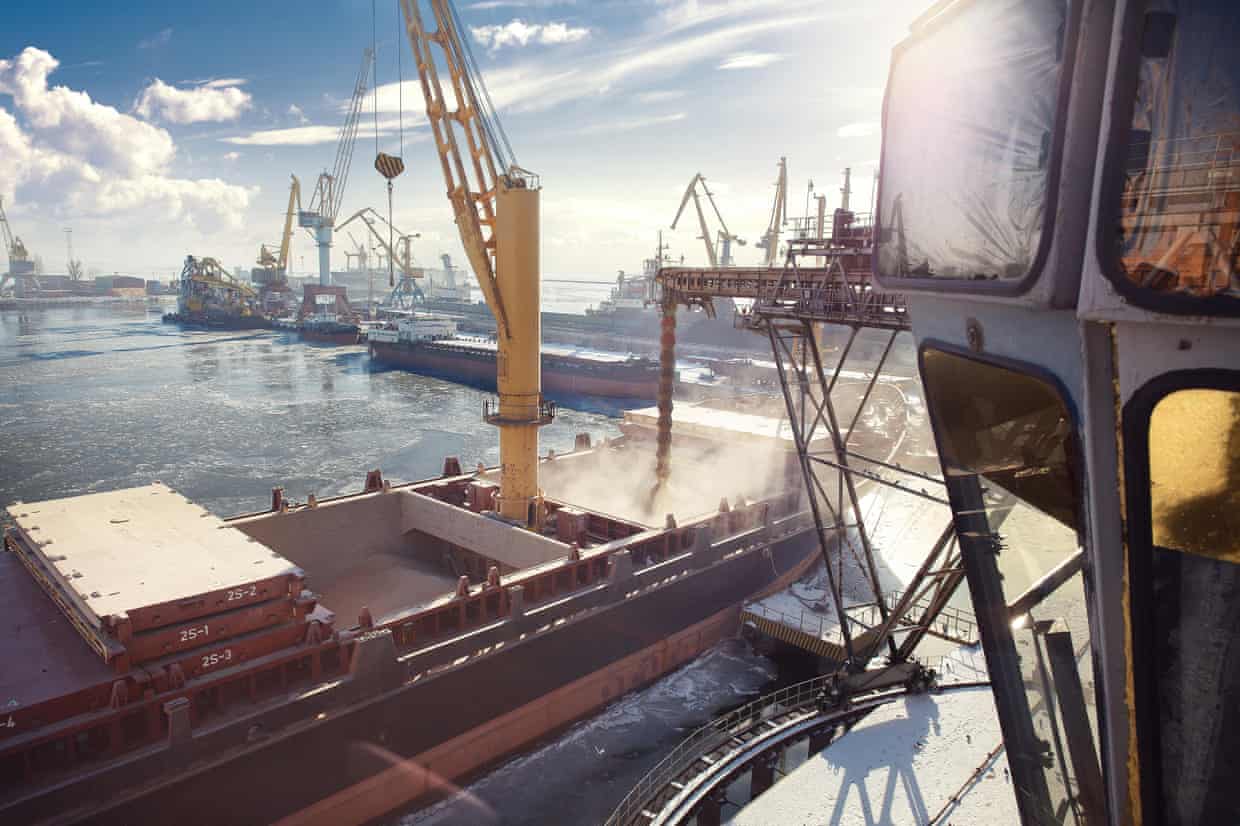
© Yali Shi
By Mike Wackett
After advising it would announce the details of its new investors this month, Yang Ming has asked customers for more time to “achieve its recapitalisation goal”.In a customer advisory Yang Ming said it was “studying the feasibility of opening the remaining rounds of issuance to current shareholders as well”, which it said “will take some time to complete”.
In its first round of placement, the Taiwanese carrier raised $54m from “several private investors”. With the second round under way, Yang Ming says the amount pledged to date has already exceeded this.
But analysts have estimated that the carrier needs a cash injection of some $300m to see it through this year.
Following the resumption of trading of Yang Ming’s shares on 4 May, after a two-week suspension, the carrier had said it expected the second stage of its recapitalisation plan to be completed by June and would then announce the identities of the investors who participated, as well as the details of the offering.
In January, Drewry Financial Research Services identified Yang Ming as a “red flag risk”, and suggested that the carrier had “taken the slot left vacant by Hanjin Shipping” as “the company with the most leveraged balance sheet in the industry”.
Faced with shipper and service provider concern, Yang Ming issued a robust defence, saying that it had no intention of approaching its creditors to restructure any part of its debt.
At the same time, it announced that it was to raise $54m through a privately placed rights issue with six Taiwanese investors, including the state-owned National Development Fund of Taiwan. This consequently increased the amount of government-owned stock in the carrier to 36.6%.
Yang Ming also alluded to the Taiwan government taking a bigger stake longer-term.
Analysis in April by The Loadstar’s Alessandro Pasetti, after Yang Ming had reported a thumping loss of $492m for 2016, concluded that, excluding state aid and if there was no improvement in its performance, the carrier would run out of money in “less than nine months”.
Mr Pasetti also noted that Yang Ming was “unlikely to have nine months at its disposal”, given that part of its long-term debt was due to be repaid within the year.
Subsequently, however, Yang Ming has improved its profitability, recording a $29m loss for the first quarter of this year, compared with a loss of $112m in the same period of 2016, and is bullish about the prospects for Q2.
It said in the customer advisory that “recent performance indicators show continuing signs of recovery”.
“Based on second-quarter data, we are seeing a scenario where there is stronger demand over existing supply on many of the tradelanes Yang Ming services,” it said.
Nevertheless, in the post-Hanjin era, customers remain nervous and several shippers The Loadstar spoke to at the reception for the OOCL Hong Kong at Felixstowe last week, admitted that they were either no longer customers or were limiting their exposure to the Taiwanese line.
One shipper said that although the bankruptcy contingency arrangements built into THE Alliance vessel-sharing agreement were a help, he was still concerned about potential interruptions to his supply chain after it had been impacted by the sudden demise of Hanjin last year.






















